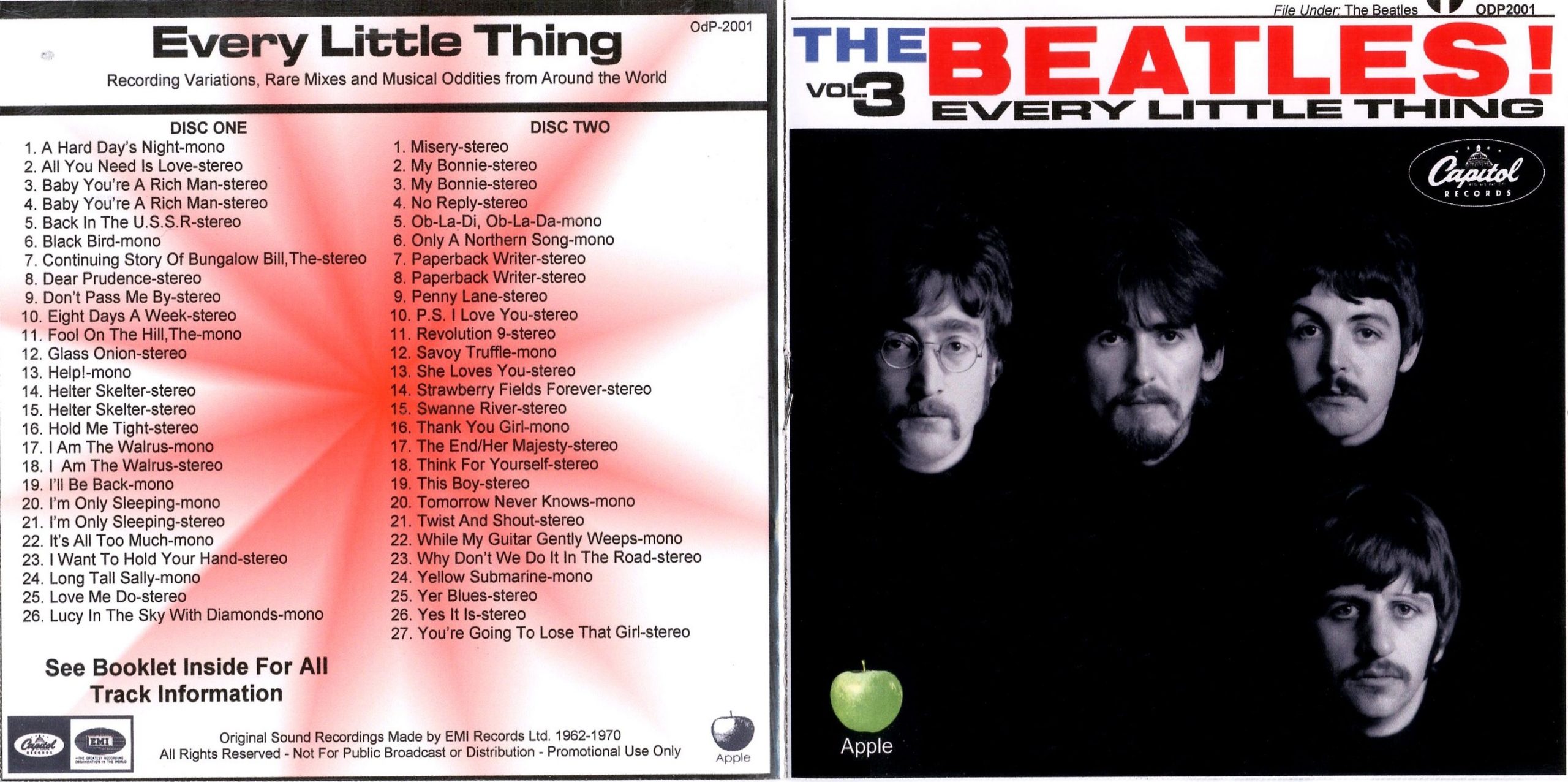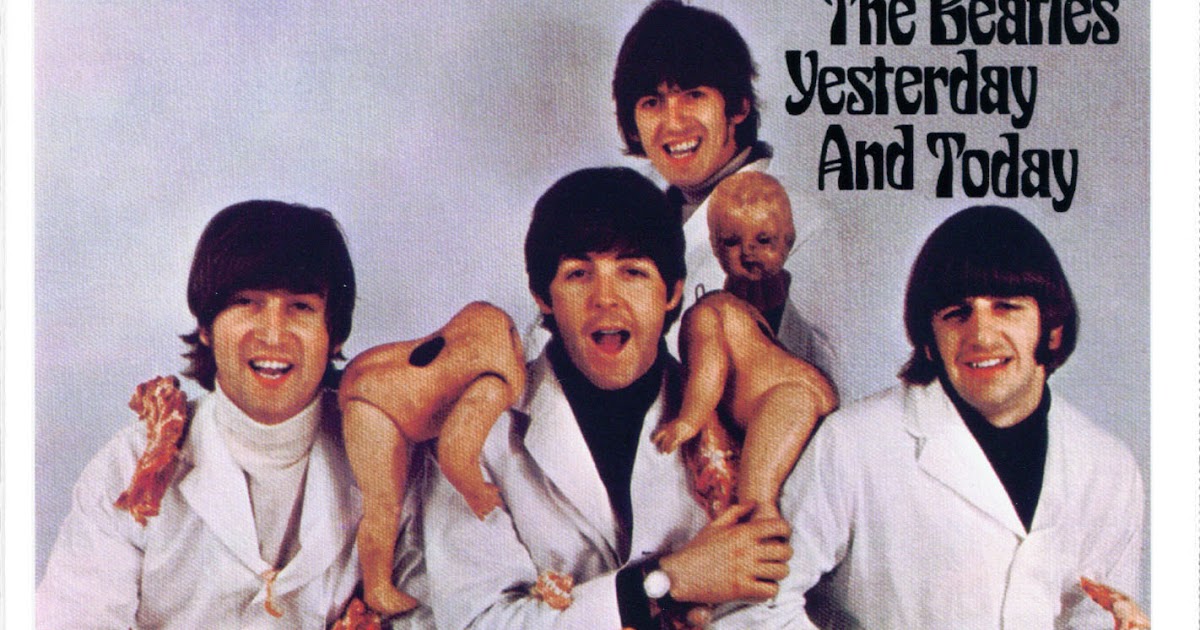


When Apple Computer opened the Apple iTunes Store in 2003 to sell digital downloads of music (even though none of the Beatles' music was sold there), the Beatles redoubled their legal efforts to sue Apple, saying that an online music store run by another company called "Apple" was unacceptable to them. It proved impossible for Apple to completely settle all the lawsuits while George Harrison was still alive. The Beatles' Apple Records had lawsuits against Apple Computer tied up in British courts for decades, claiming that Apple Computer (later called Apple, Inc.) should abandon their name and trademarks. Harrison, to his death, insisted that any use of the term "Apple" involving any kind of physical product that could make or play music, anywhere in the world, was an infringement on the trademarks of the Apple Records company which he co-founded. George Harrison was incensed that there was a brand of computer hardware called "Apple" that could be used by musicians to record and edit music, or that could be used by consumers to play back music. Apple Computer, which of course had nothing to do with Apple Records, was founded in the USA in 1976. out of business, because the Beatles' corporation, which they formed in 1968, was called Apple Corps, and the Beatles' record label, affiliated with Apple Corps, was called Apple Records.

There is a very long, strange story behind this: the Beatles, and specifically George Harrison (1943-2001), from 1978 onward, spent decades trying to sue Apple, Inc. You can use the iTunes app for Mac or Windows to convert iTunes files into MP3 format, or to transcode the files into several other formats including burning them to CD. The Beatles tracks, like all other music sold on iTunes, is DRM-free. Most of the Beatles catalog is available for sale in the Apple iTunes store, in AAC format at 256 kbps. The only place to purchase digital downloads of the Beatles catalog is from the Apple iTunes Store.


 0 kommentar(er)
0 kommentar(er)
